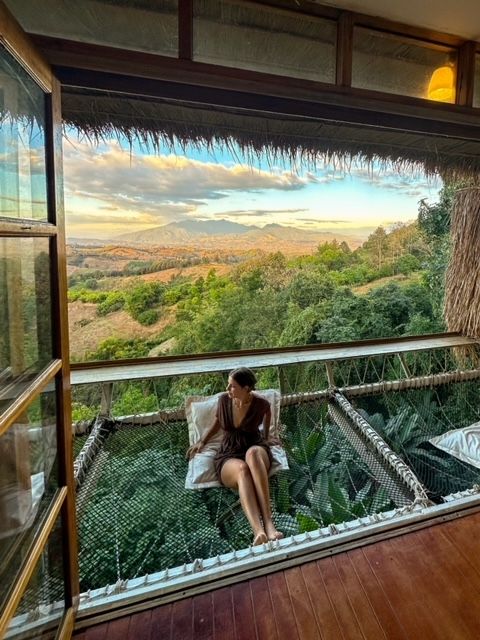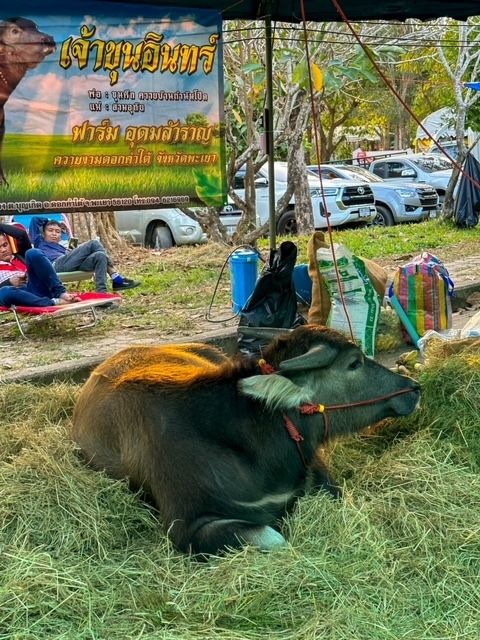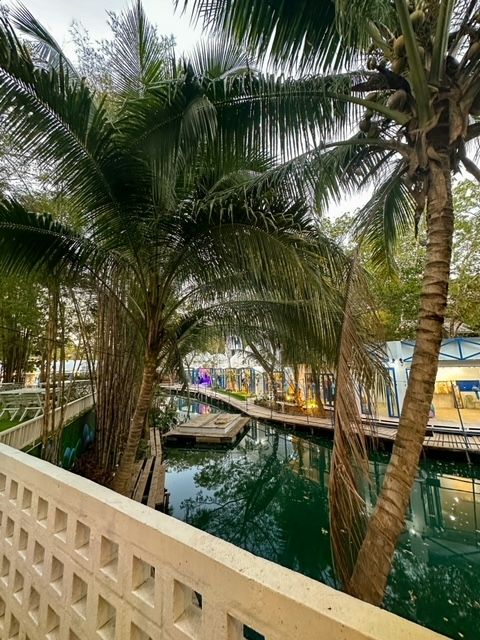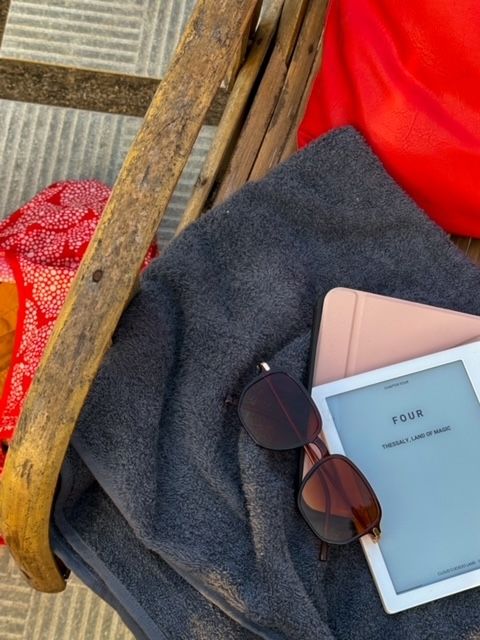Challenging Your Comfort Zone: 7 Tips For Finding Adventure as an English Teacher in Thailand
Through teaching English in Thailand, a lot of joy and incredible memories have come out of my travels and excursions.
The past several months have been packed with bucket-list experiences, postcard-worthy views, and jaw-dropping sunsets in some of the most incredible places on earth.
That’s the tourist in me, always eager to jet off (or take the overnight bus) to another hotspot where I know that a perfect itinerary awaits me, usually thanks to the hard work of my amazing Type-A planner friends.
While detailed trip planning and research may not be my greatest strength, being spontaneous and curious has allowed me to create my own adventures on those days or weekends that I don’t travel out of my home province.
Living in Thailand Versus Traveling in Thailand
Living and working in Thailand as an English teacher is a completely different experience than being a tourist here. I’ve lived in tourist destinations before: New Orleans, Louisiana and Alicante, Spain and each time I had to remind myself that people visit here and I get to live here, all the time. It’s so easy to get caught up in the day-to-day that you forget what’s in your own backyard.

7 Tips For Finding Adventure as an English Teacher in Thailand
Here are a few tips for stepping out of your comfort zone and making the most of your time teaching English in Thailand.
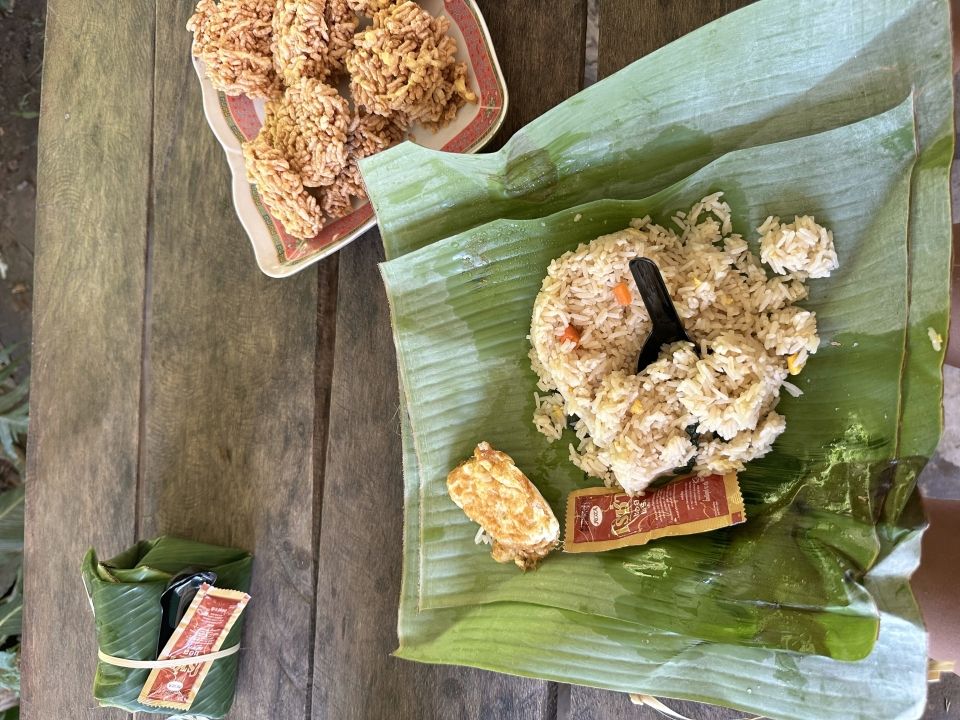
1. Try out a new food spot
After a long week at school, it feels like so much effort just to leave my apartment, much less seek out new cafes or restaurants. But ultimately, getting up and getting out is worth it.
In fact, sometimes the coolest experiences or places will find you when you least expect it and at different times of the day. Where I live, certain areas of town come alive at night which I didn’t realize until I drove past on the way back from dinner!

2. Be Curious
Stumbling across a concert, exploring a beautiful temple I hadn’t known about before, getting a personal tour of a new café that just opened, petting a baby cow, being shown around a floating market and shopping village, eating in a restaurant with a panoramic view of the sun setting over the mountains…
These are all things that happened just because I was curious and noticed some music playing, a crowd of people, or some string lights right off the road. Each time, all it took was a little bit of curiosity about what might be around the corner and the one-second decision to say “yes”.

3. Participate in cultural activities
This applies to the many cultural festivities happening around town and at school. When my school coordinator mentioned that there would be a Buddhist ceremony to give alms to monks one day before class, I had no idea what that entailed. I showed up anyway, armed with ten cup noodles in a 7/11 bag and was so flustered when I had to go up to the stage in front of the entire school to place it on the stage.
Despite the rough start, I was able to transcribe and read the monks’ prayers in real time with Google Translate. After the ceremony ended, the school director came up to me, thrilled that a foreigner had been interested in participating and wanting to ask me about my own religion and traditions.
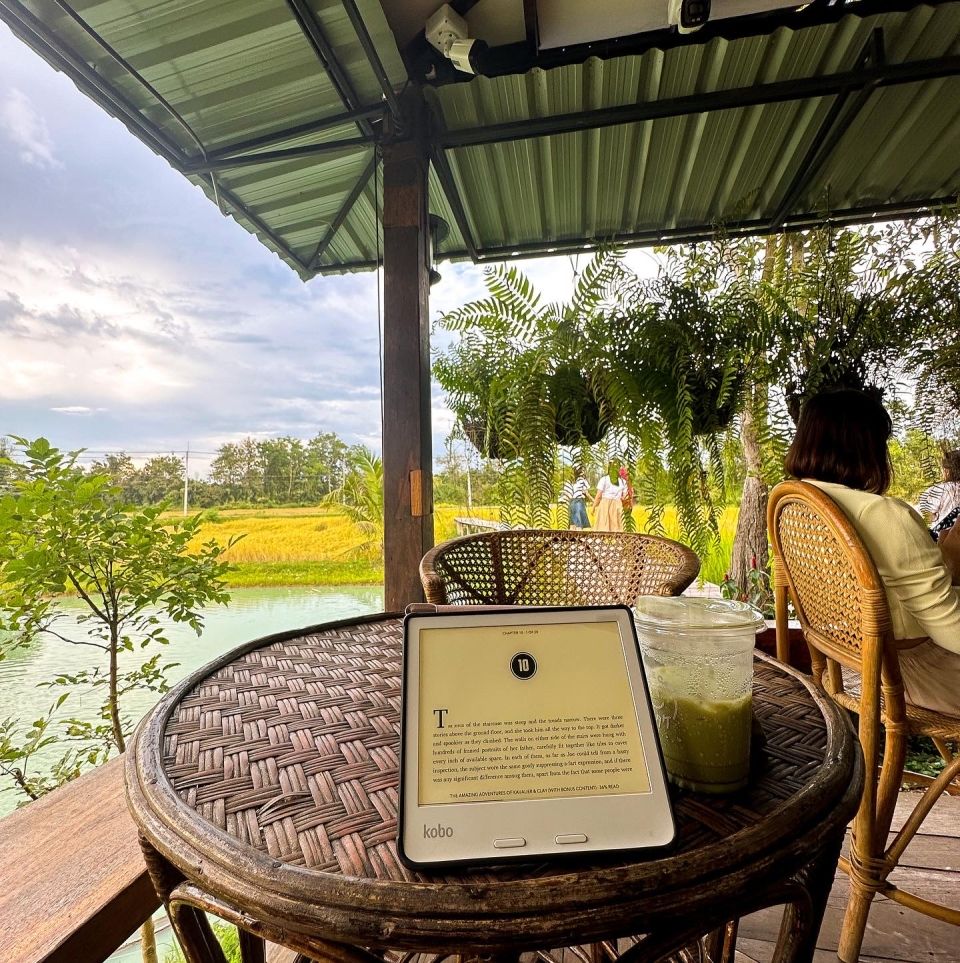
4. Try to speak the language
Beyond just being respectful and showing an eagerness to learn, it’s so appreciated when you can order food in Thai, say thank you, or can respond to “Are you visiting?” with “Chan ben Kru” (I am a teacher). Not to mention, it’s a fun challenge and people will be happy to help you with your pronunciation.
Survival Thai Phrases to Keep in Mind:
- Hello/Goodbye - Sawatdee ka (f) / krab (m)
- Thank you - Kop khun ka / krab
- Sorry/Excuse me- Kha tot ka / krab
- How much is it? - Tao arai ka / krab?
- Not spicy - Mai ped
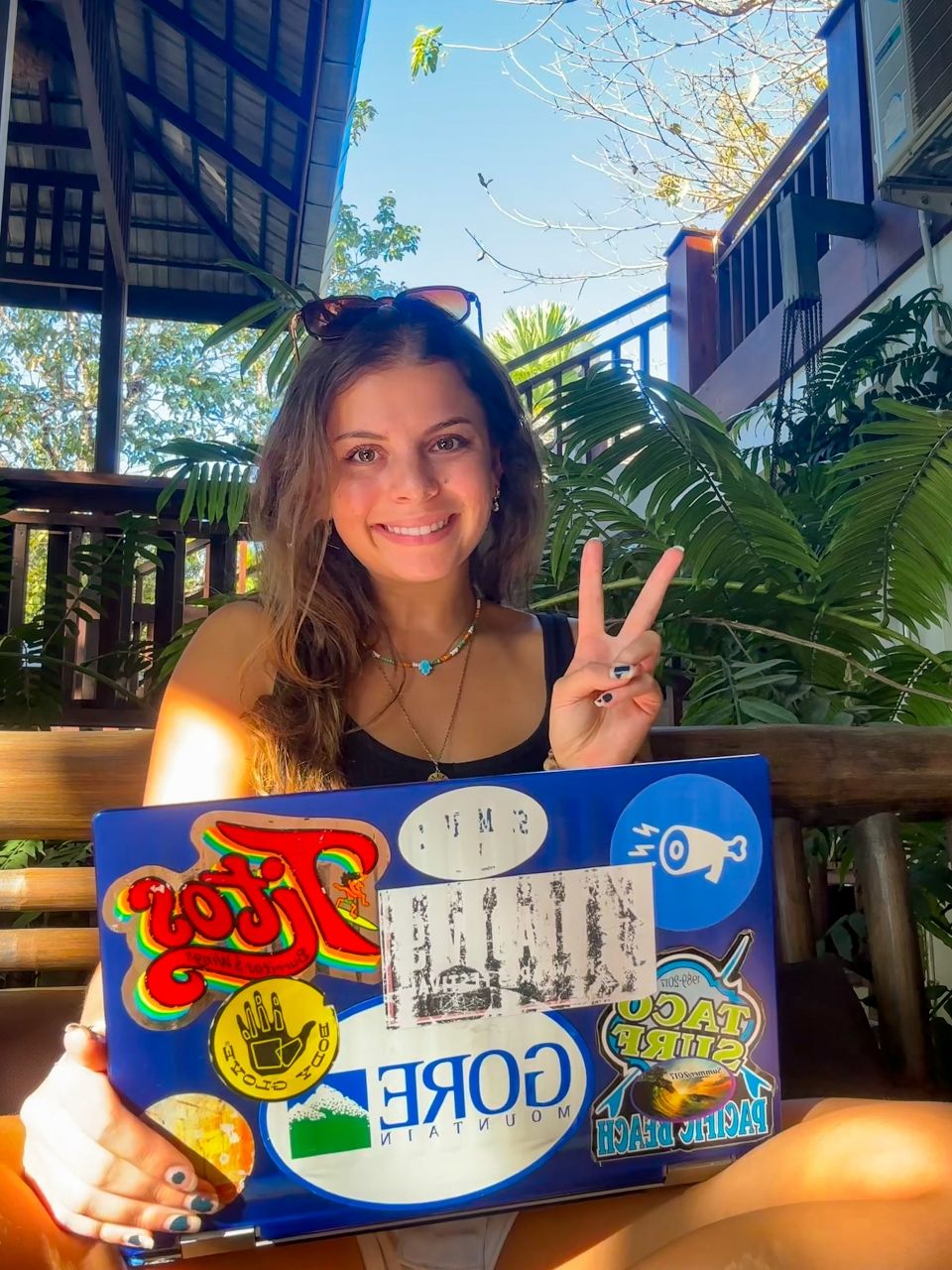
5. Don’t act like a tourist
I’ve come to accept that especially in my province where there are not many foreigners, people will stare at me wherever I go. It’s ultimately unavoidable and comes from a place of genuine curiosity and surprise that I’m even here.
However, I do try to not give people a reason to stare. Just keeping the volume down, removing your shoes, and wearing your mask when others are around you signals that you are trying to adapt to the culture here rather than forcing it to adapt to you.
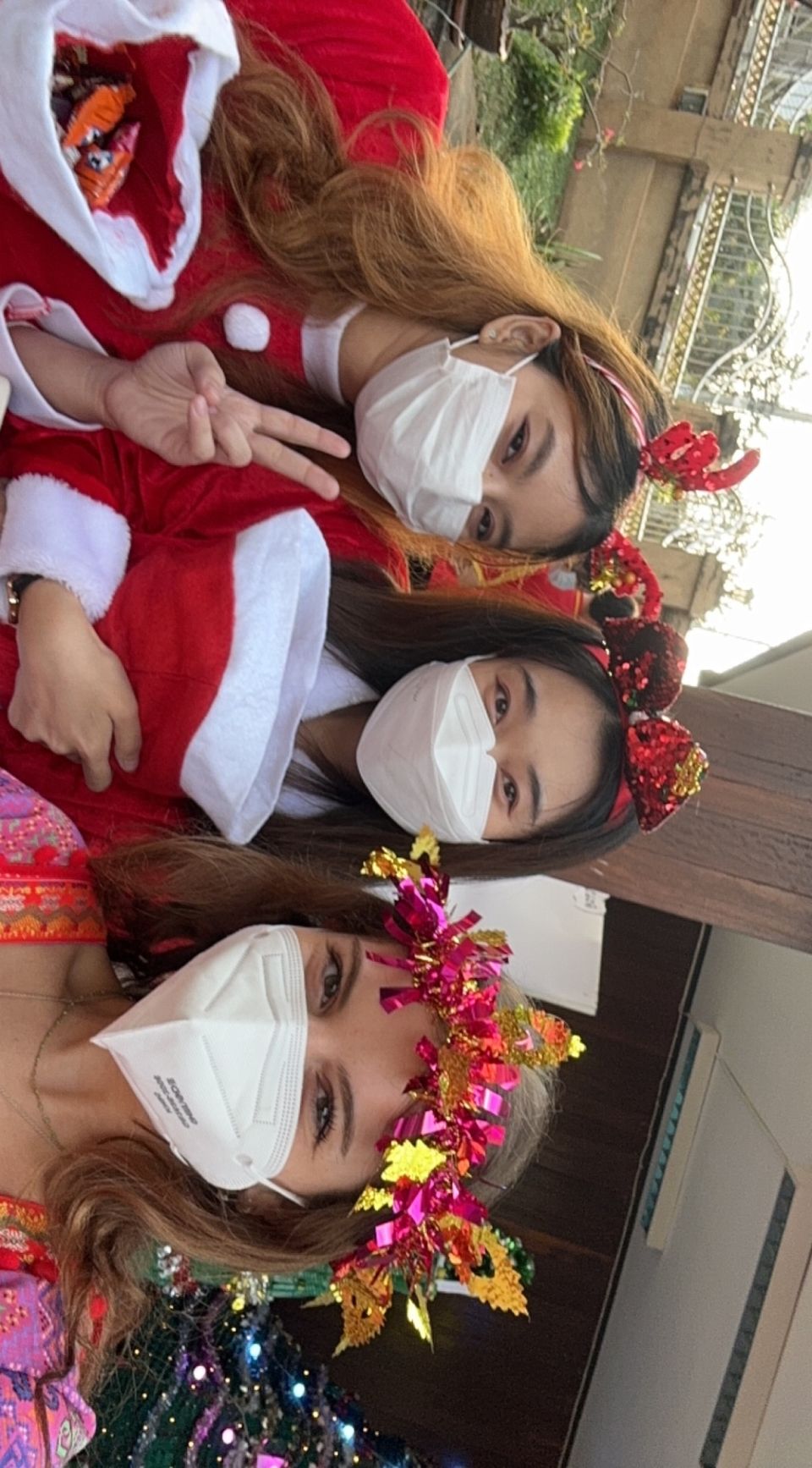
6. Be friendly
Smile, and show an openness to conversation. I’ve had a great time talking to people I've met at restaurants, markets, cafes, and bars who are interested to know what I’m doing here, how long I’ll be here, and what I think about their home and their country. It’s also a great way to learn more about events happening in town, where to eat, or cool places to visit.
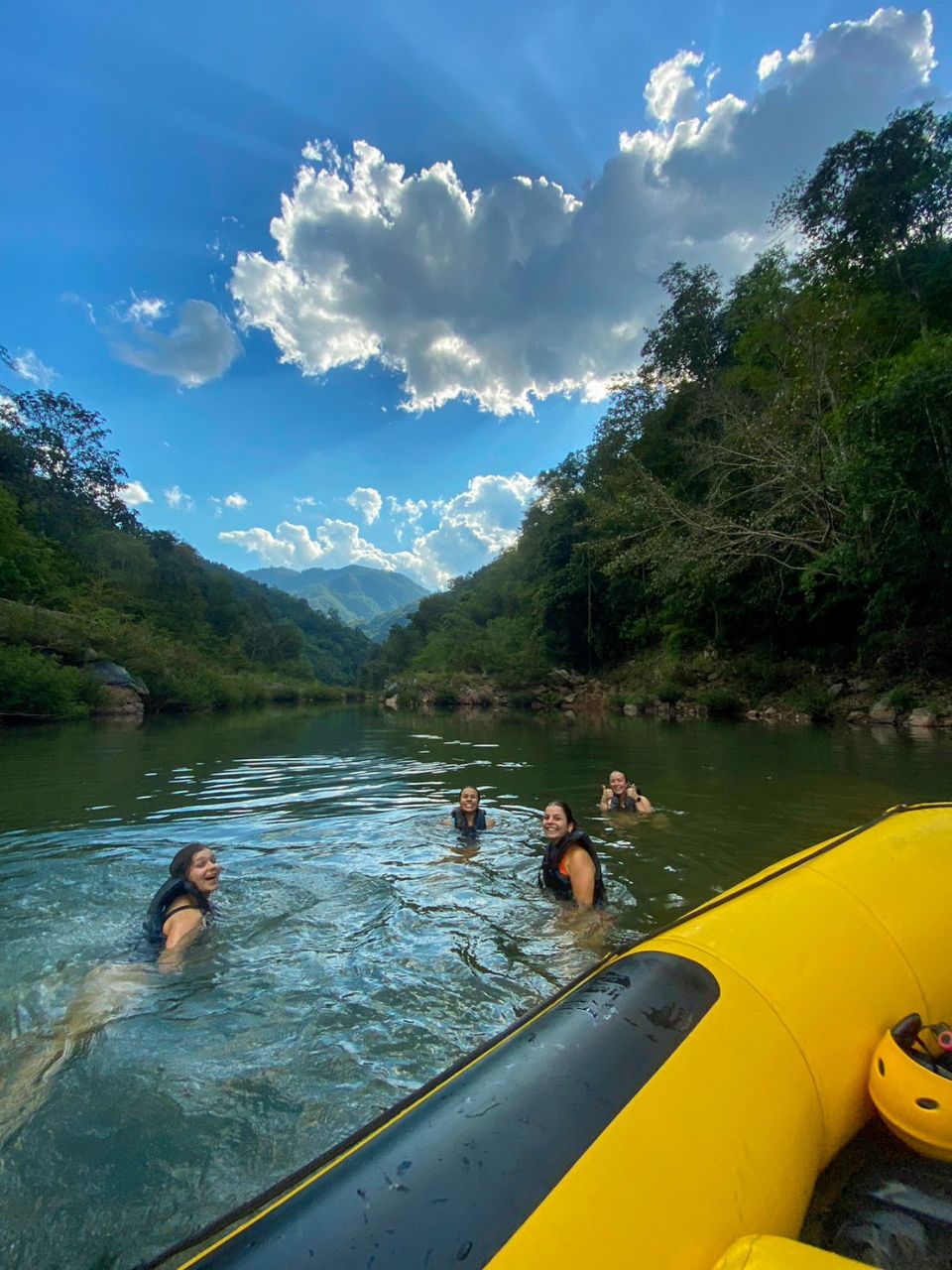
7. Don’t be afraid to look stupid
In those instances when you really don’t know where you are or what’s happening, simply taking the plunge and wandering around is ok too. I’ve done this countless of times and although I feel strange in the moment, it gets easier and easier every time.
These experiences and discoveries that you make on your own while living in a new place are the real “hidden gems” of living abroad. Exploring my home province has been so much fun and my curiosity has been rewarded every time. My advice is: say yes, spend the extra minute to check out what’s around the corner, and if you do this, the adventures will find you.
